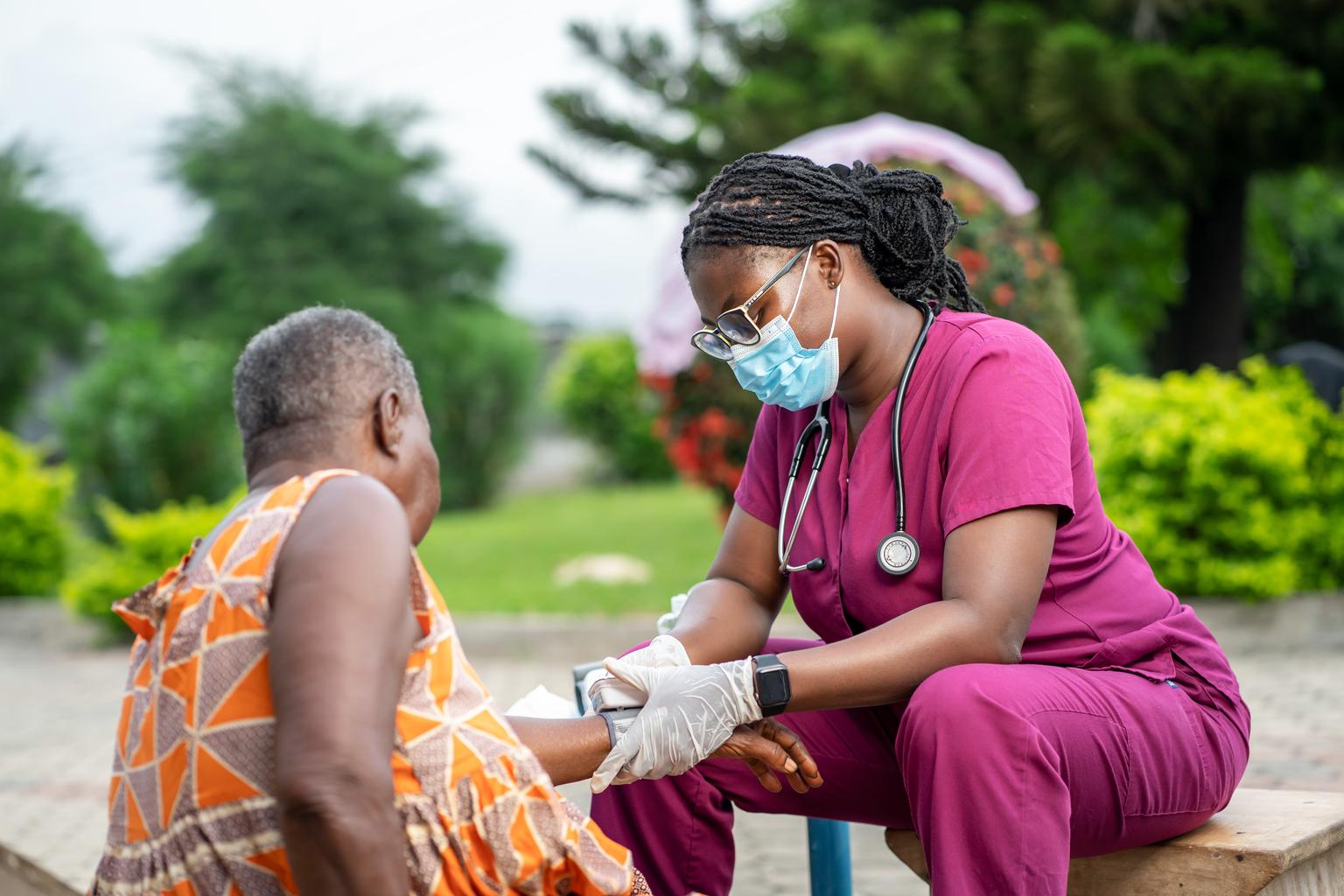There are phrases that have been reiterated enough that they’ve become universal truths. “Laughter is the best medicine” is one of them, and humor in medicine has been called on to assist in everything from engaging students in the classroom to interacting with forensic mental health patients.
More importantly, laughter—or rather, a sense of humor—is a saving grace in light of particularly challenging moments. Like all of medical training, medical school is a marathon, not a sprint. It’s a journey with moments of insurmountable joy as well as moments of indescribable pain. The lows are inevitable in a field where we stand alongside our patients as they navigate their mortality. This is the hazard of a career centered on life and death.
Of course, things like intelligence, dedication, communication skills and a team mentality are imperative for success in medicine. But here I make the case for something else—the importance of a sense of humor in medicine.
A culture of stress
This week marks the halfway point of my pediatrics residency. I share that because it provides context: I’m far enough into residency that I can’t imagine having to sit in a classroom and listen to a lecture, and I’m far enough from medical school that I get nostalgic when I think about that time. Yet I’m not so far away that I cannot remember the aspects that made it a particularly challenging period of time.
Ultimately, I think the culture of medical school is the largest contributor to the stress of that time. Each decision in medical school feels like it’s career-defining. Each in-house examination can feel as though it will determine your specialty choice. Standardized examinations certainly feel as though they will determine your specialty choice. Clinical rotations are refreshing because you finally get to begin patient care, but there is the new stress that comes with learning how to be a member of the medical team, mastering the new language of clinical medicine and giving patient presentations—including the fear that each “um” and misstep will impact your grade.
There’s also the stress of negative patient outcomes. This, of course, is the worst.
Even now, I remember my hardest week of medical school. I was on my first rotation, internal medicine. It was my third week of the rotation, and I had expressed to the team my interest in hematology and oncology. I was assigned a patient whom I nicknamed Little Bo-Peep (the first Halloween costume she wore as a child). She was in her late 50s and was a lymphoma survivor. She had been admitted to the hospital due to electrolyte abnormalities and fatigue that was first thought to be caused by dehydration. We rehydrated her aggressively and started to do more involved workup given her recent history of lymphoma. In the space between her admission and her decline, I spent a lot of time in her room. We talked at great length about her life and why she never married, and we laughed as we painted our nails a lovely shade of blue. Twenty-four hours later, I found myself cleaning up the vomit on her hospital gown. Twenty-four hours after that, she passed away.
From sadness to laughter
After my time with Little Bo-Peep, I found myself mired in a sadness that lent perspective to all the stress I had felt in relation to examinations and evaluations prior to that moment. I found myself troubled by the acute change in her clinical status. I wasn’t excited to rejoin my team, to care for other patients, to risk becoming close to a patient and then wrecked by loss again.
One of my classmates prompted me, as we sat across from one another eating the junk food we counsel our patients not to eat, to acknowledge that my sadness was not what the patient would have wanted—and it was not making me a better provider. She made a good point.
I shifted my focus to the moments when we were able to laugh together; I chose to laugh rather than cry. That lesson stuck with me, and in future times of distress, I again chose to make light of these moments rather than wallow in despair. I learned firsthand how restorative a sense of humor in medicine can be. I’m not the only one: A paper published in Holistic Nursing Practice concluded that “positive attitudes toward humor seem to alleviate the distress associated with end-of-life care.”
The natural follow-up question is: How do you do it?
- Wait. Remind yourself of the impermanence of the stressor. All moments of hardship pass.
- Zoom out. Many of the stressful elements of medical school are not as serious as we make them out to be. Give yourself a healthy dose of perspective.
- Lean into joy. It takes a conscious effort—especially within the culture of medical school—to choose to poke fun at the wild experience we call medical training.
All that being said, your feelings are your feelings. It is important to not bypass sadness or to ignore how you feel. You are allowed to feel the full spectrum of human emotion, and this helps us connect with our patients and with one another.
Still, I encourage you to employ your sense of humor as a way to mitigate stress and to move beyond periods of hardship, because pain can be paralytic. If laughter really is the best medicine, let’s call in a prescription for our friends, our families and ourselves.





